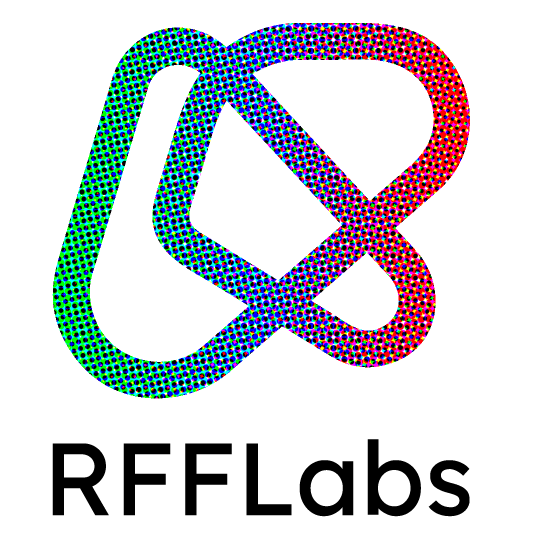Polymer recycling in an open-source additive manufacturing context: Mechanical issues
Abstract
Nowadays, the low recycling rate of polymers is still a challenge to humankind due to energy, economic and logistical issues. In the context of additive manufacturing, there is an exponential use of thermoplastic materials in the industrial and public open-source additive manufacturing sector, leading to an increase in global polymer consumption and waste generation. However, the coupling of the open-source 3D printers with polymer processing could potentially offer the basis for a new paradigm of distributed recycling process. It could be a complementary alternative to the traditional paradigm of centralized recycling of polymers, which is often uneconomical and energy intensive due to transportation embodied energy. In order to achieve this goal, a first step is to prove the technical feasibility to recycle thermoplastic material intended for open-source 3D printing feedstock. The contribution of the present study is twofold: first, a general methodology to evaluate the recyclability of thermoplastics used as feedstock in open-source 3D printing machines is proposed. Then, the proposed methodology is applied to the recycling study of polylactic acid (PLA) material addressed to the fused filament fabrication (FFF) technique, which is currently the most widely used. The main results of this application contribute to the understanding of the influence of the material’s physico-chemical degradation on its mechanical properties as well as its potential distributed recyclability.






